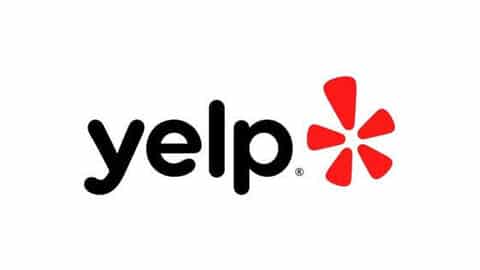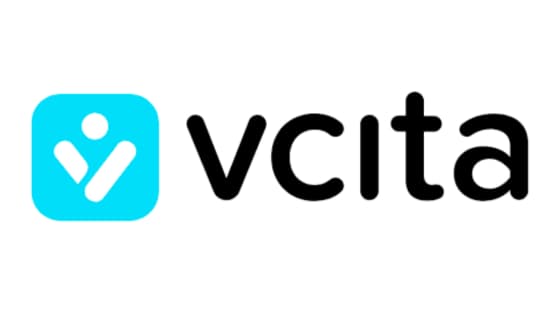As you may know, Yelp reported Q2 earnings last week. As reported by Localogy Senior Analyst Charles Laughlin, the company showed a 13 percent YoY net revenue increase to $337 million. Adjusted EBITDA was $84 million (up 25 percent YOY) and net income was $15 million (up 88 percent YoY).
Among these strong results, one thing jumped out at us: the growing share of revenue that’s attributed to cost-effective sales channels. Consisting of self-serve advertising (up 25 percent) and multi-location advertising (up 15 percent), these customer acquisition channels now represent 51 percent of revenue.
Focusing on self-serve advertising (more on multi-lo in a bit), this is important for Yelp because these advertisers have lower customer acquisition costs (CAC), which impacts margins. This advertiser cohort signs up on its own, which is the holy grail of ad products: they’re bought rather than sold.
The end result is greater margins and profitability, as Yelp’s Chad Richard told us on stage at L23 in April. In fact, Yelp seeded this trend in 2019 when it started to build more robust self-serve functionality. And as of April, it was able to transition sales roles considerably, while revenue simultaneously grew.
The New Face of the SMB
Beyond unit economics, there are second-order effects for self-serve advertising. For example, Richard told us that this cohort of advertisers churn at a lower rate. Due to the “bought rather than sold” part, their demand signals are stronger – as they showed up to buy something – which aids retention.
In addition to mode of acquisition, another retention-boosting factor is fulfillment. These advertisers not only self-serve from a purchasing perspective but in managing their Yelp presence. That hands-on approach can cause them to feel more invested in the product and see tangible ROI impact firsthand.
Back to Yelp’s operational restructuring, the decrease in sales headcount came about as it transitioned towards more “rep-assisted sales” and support. This makes sense as the best way to serve – and promote future growth of – these self-serve advertisers is through on-demand assistance.
As for self-serve drivers, there are several macro factors at play. One goes back to our construct of “the new face of the SMB,” including generational in-cycling of digital natives. Another is the Covid-driven inflection in digital transformation which engendered SMB savvy that spans across demographics.
One Handshake
In addition to self-serve, Yelp reported growth in another cost-efficient customer acquisition channel as noted earlier: multi-location brands. Revenue from this cohort is up 15 percent year-over-year, and is likewise a growth target for Yelp. The reason it’s advantageous is that it’s less fragmented than SMBs.
Put another way, there’s less sales rigor required to reach several business locations. One handshake (metaphorically) can unlock several national or regional locations for a given brand. SMB relationships are conversely limited to one (or sometimes a few) locations per entity. Less bang for the same buck.
Of course, the scalability of those multi-location business relationships hinges on how centralized or decentralized their brand marketing and franchisee autonomy is. For more centralized multi-location brands that offer a marketing playbook to their franchisees, Yelp can reach scale much faster.
For all these cost-efficient Yelp channels, we’ll continue watching closely. Meanwhile, panning back, Yelp continues to show strong results across the board as the world returns to physical activity. This should only improve if the economy and consumer spending power (fingers crossed) can gradually improve.



